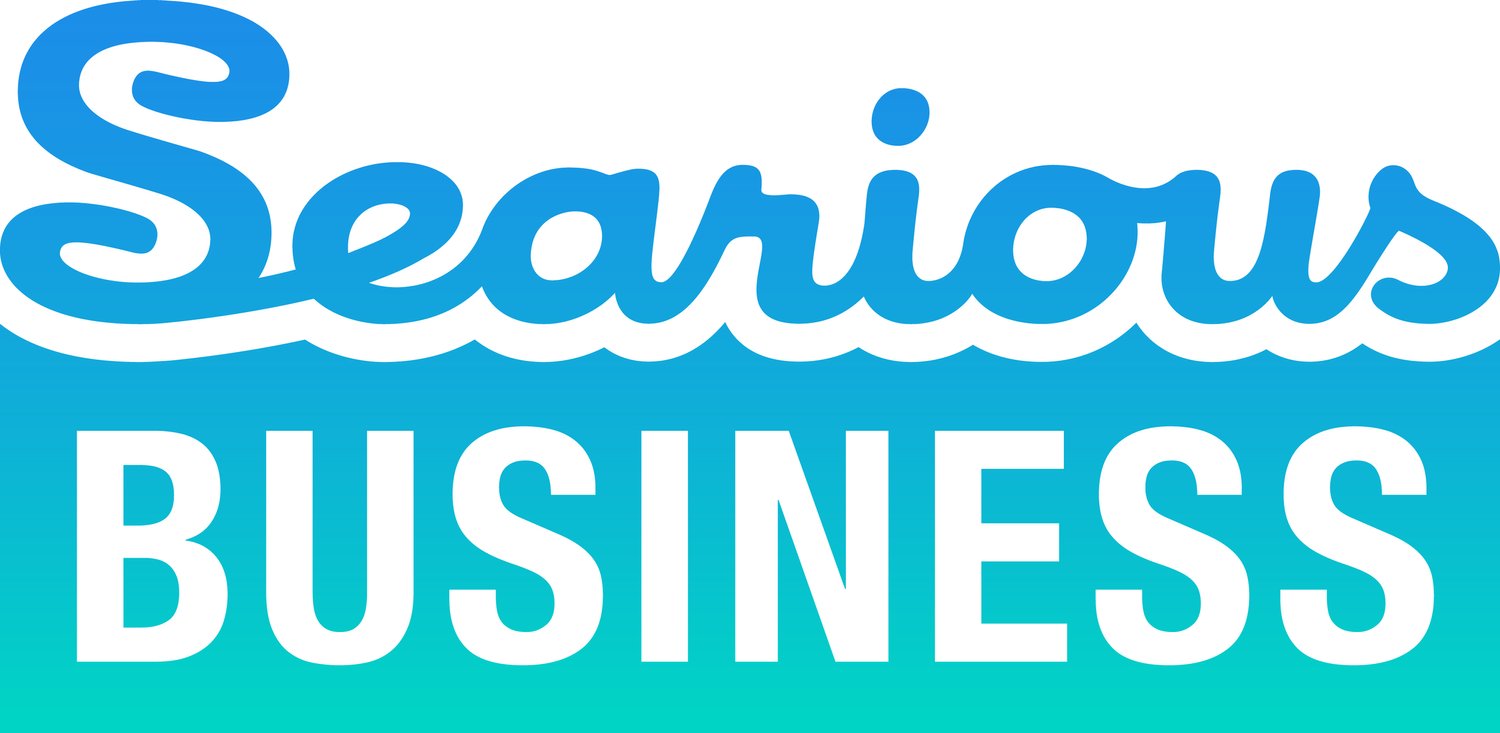Recycling the Unrecyclable
Searious Business, a circular plastics enterprise in the Netherlands, has been working with IUCN on the Plastic Waste Free Island (PWFI) project since 2019. Our goal is to rethink the plastic generated on islands, and stopping it from leaking into the surrounding marine environment. The project's primary focus has been reducing unnecessary plastic, reusing and recycling waste into useable products. However, as we all know, not all plastics are so easily replaced or mechanically recycled. There will always remain some plastic products that require a different kind of treatment. Finding advanced recycling technologies in these remote areas is challenging, and Searious Business is undertaking the search for Most Suitable Technologies.
Unrecyclable?
Plastic products such as polyolefin bags and films, LDPE items such as six pack yokes, potato chip packets, HDPE and polystyrene cannot be handled easily. The options to process them into useful applications are limited. Therefore, we must find alternative methods to convert them back to clean and valuable feedstock. Processes such as chemical recycling, pyrolysis, depolymerisation and gasification can transform these polymers back into new material. When these methods are not suitable, the plastic could be used for waste-to energy processes. Unfortunately, non-recyclable plastics are not currently dealt with by the waste management on the islands, and high volumes are piling up, causing severe environmental issues. Together with CE Delft, Searious Business will carefully analyse the waste generation; evaluate and identify the most suitable technologies depending on island characteristics.
Most Suitable?
When comparing the methods, we have to take into account more than just price. There are multiple island-specific parameters to measure, including social, environmental, economic and policy factors. For example, how much of this plastic do we have? Is it worth building on the island itself? Will it create or destroy jobs on the island? What is the environmental impact in terms of energy used and CO2 emissions? Finally, they will benchmark each technology and provide their recommendations based on the results.
UN Declaration
Islands are particularly vulnerable to the effects of plastic pollution, having to deal with plastic debris that washes ashore from other places and plastic waste they generate themselves. On June 1st, 74 nations signed the Ocean Day Plastic Pollution Declaration presented by Antigua and Barbuda on behalf of the Alliance of Small Island States (AOSIS). The high-level thematic debate on the ocean and SDG14: Life Below Water was hosted by The President of the UN general assembly and calls for a legally-binding treaty to combat plastic pollution. Strengthened action is urgently needed to prevent further discharge of plastic into the ocean. There is no time to waste.
Global island
The Plastic Waste Free Islands (PWFI) project was started by the IUCN, supported by the Norwegian Agency for Development Cooperation (Norad), as part of its global Close the Plastic Tap Programme. The vision is to create a Blueprint for Plastic Waste Free Islands so that all solutions can be scaled up and rolled out to other islands across the globe. By utilising all the state-of-art technologies available, we can halt the flow of plastic into our ocean and ensure the future prosperity of these small island nations.


